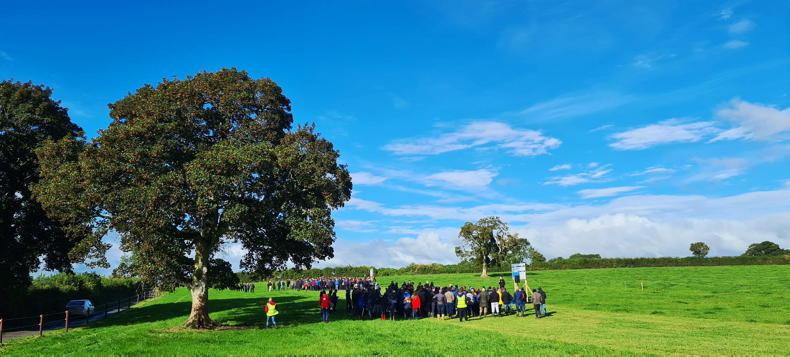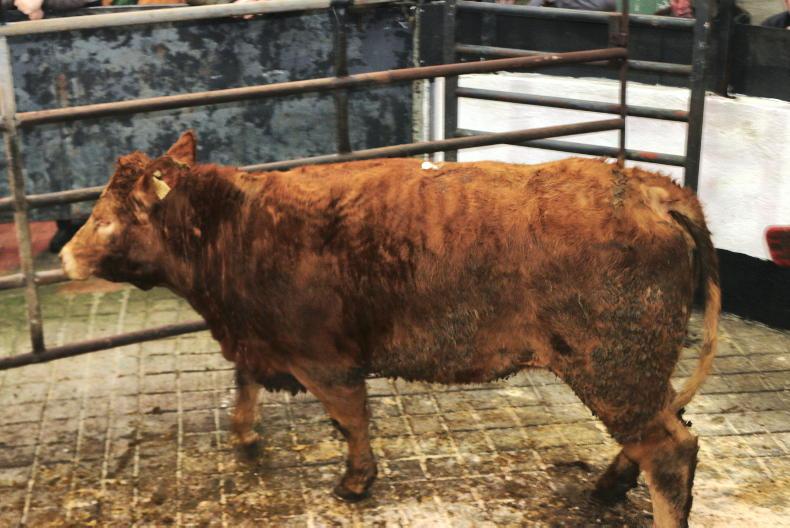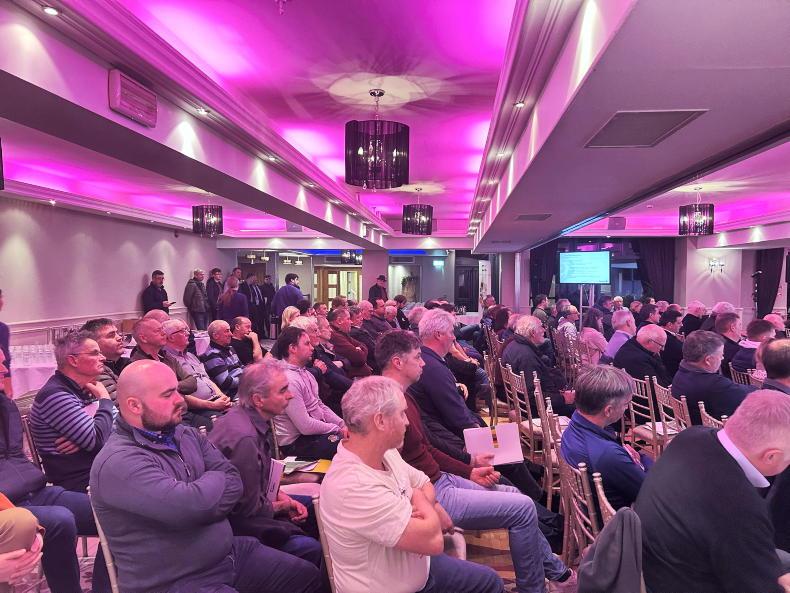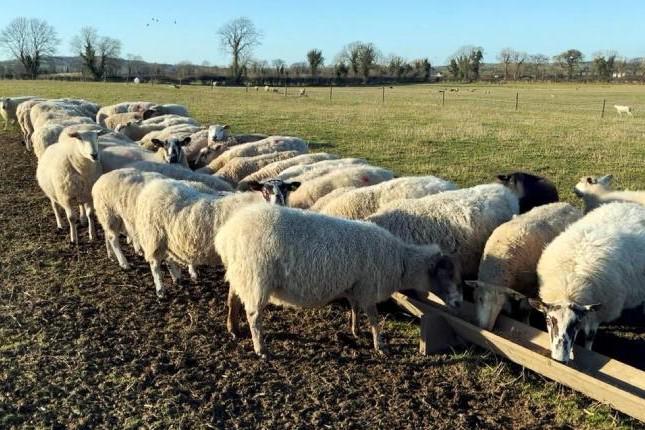Minister of State Pippa Hackett is confident that there will be a big interest from farmers in switching to organic when the scheme opens again shortly. She could well be right on this occasion as there are very good financial incentives for farmers to make the switch.
At the same time, the input costs for conventional farming are not being met sufficiently beyond the dairy and, to a lesser extent, the tillage sectors.
It is no coincidence that in the last round of applications, of the 336 who were accepted, 297 were beef and sheep farmers.
It works particularly well in this sector as it requires minimal capital investment and as many farmers operate small, part-time businesses, maximising output will take second place to maximising financial performance.
Markets
If the Minister of State is correct in her assessment about farmers converting, there is the issue of securing markets. Bord Bia has been extremely confident in its position of “produce it and markets will be found,” and it has research suggesting that there are opportunities, particularly in Europe.
The next question has to be about securing a premium price. When an Irish Farmers Journal colleague popped into a supermarket this week, they were somewhat surprised to see organic beef being offered at a 20% discount. Of course, all supermarkets run price promotions from time to time but the other interpretation is that the product isn’t selling at a premium and has to be discounted to attract consumer interest.
In any case, supermarket pricing is outside farmers remit. The price that really matters is what processors will pay farmer suppliers.
This is an area that will also require a new business model or perhaps, more accurately, an extension of the model that factories currently have in place for sourcing organic animals.
The reason offered for so many organic cattle and lambs being sold into or “leaking” into conventional markets is that farmers aren’t in an organic group and are not prepared to join and wait for the opportunity to send their stock to the factory.
Farmer selling has to be a long-termed planning process and requires a change of mindset from making an overnight decision to take stock to the mart. Perhaps though in time if there are enough organic livestock to be traded, dedicated organic sales will be held just as is the case for pedigree today.
If there is a premium market combined with production incentives, a way will be found to manage the logistics.
In the UK, research produced by AHDB is showing that organic meat fish and poultry (MFP) sales are down 7.7% for the year to 10 July compared with the previous year. Conventional MFP was down by 7.9%.
Consumer price inflation is hitting all meat sales more or less equally
When the comparison is made with 2019, organic MFP sales are actually 12.5% higher, while conventional MFP is actually 0.4% lower. The message from this data relating to Britain is that consumer price inflation is hitting all meat sales more or less equally, including organic, even if the category remains a fraction of a percentage higher.
Production will increase
Farmers will follow the money and with the level of incentives generous, an increase in numbers and area farmed will follow.
In England, there was a 3.6% increase in land farmed organically in 2021 and therefore more organic produce will be on the market for the foreseeable future.
Consumer behaviour will be shaped by the amount of money available for what is described as discretionary spending. This is buying non-essential, even luxury products, and it could be argued that conventional beef and lamb, never mind the organic version, fits this category.
A further element is the successful marketing of the product. Beef and lamb wrongly attract a huge amount of negative press coverage.
On the other hand, organic farming attracts positive press with lots of soft feature-type coverage. It follows that consumers, subconsciously influenced by this, will gravitate more towards organic beef and lamb if they have the money to spend and that can both increase the market for volume and help secure a premium.
There is a quantifiable environmental benefit in organic farming from eliminating artificial fertiliser and pesticides provided traditional manure is handled properly and weeds are kept under control manually.
As for the organic product itself, it is a bit like faith in that there is no hard evidence to prove it is better for consumers but consumers often feel better for choosing it.








SHARING OPTIONS